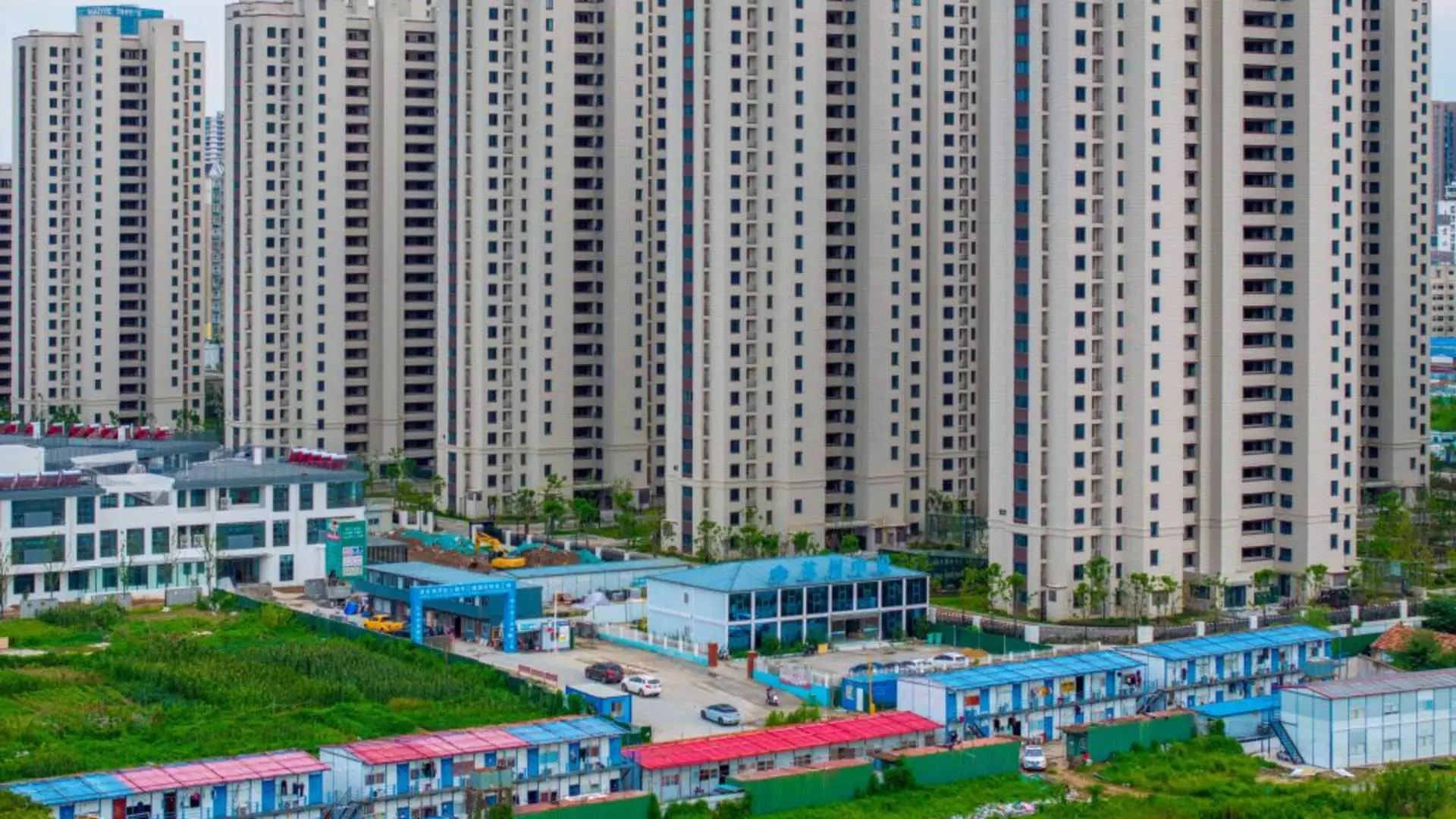In response to increasing trade tensions, top Chinese officials have made it clear that their focus will remain on domestic affairs. Han Wenxiu, the deputy director of the Chinese Communist Party’s central committee office for financial and economic affairs, emphasized the importance of prioritizing three key areas. These areas include the stable and healthy development of the real estate market, accelerated growth of “emerging and future industries,” and expanding domestic demand, particularly in terms of consumption.
Retaliatory Measures in the Face of Tariffs
Trade tensions between the U.S. and China have been escalating, with threats of tariffs from both sides. Former U.S. President Donald Trump has threatened a 60% tariff on Chinese goods if he is reelected, while the Biden administration has already increased tariffs on Chinese electric cars to 100%. Additionally, the European Union announced plans to raise tariffs on Chinese-made electric cars. However, despite these challenges, Chinese officials have not named specific countries or regions in their response, opting to address geopolitical tensions in a more general sense.
China’s economy has been facing various challenges, including a slowdown in GDP growth and a slump in the real estate market. While exports have remained a driving force for growth, issues such as lackluster consumption have been weighing down the economy. Efforts to bolster advanced technology sectors have not fully offset the drag from these struggling areas. Han acknowledged the systemic impact of the real estate market on China’s economy and outlined plans to address these challenges through measures such as optimizing new construction and enhancing the delivery of pre-sold homes.
Recognizing the need for stronger and more effective macroeconomic policies, Han highlighted the importance of the plenum’s resolution in improving the macroeconomic governance system. The resolution also aims to further integrate the development of urban and rural areas to ensure overall economic stability. Han stressed the importance of implementing these policies effectively to mitigate the current challenges faced by the economy.
China’s response to rising trade tensions emphasizes a commitment to focusing on internal affairs and maintaining economic stability amid external uncertainties. By addressing key areas of economic development and implementing targeted policy measures, Chinese officials aim to navigate through the current challenges and sustain long-term growth.

